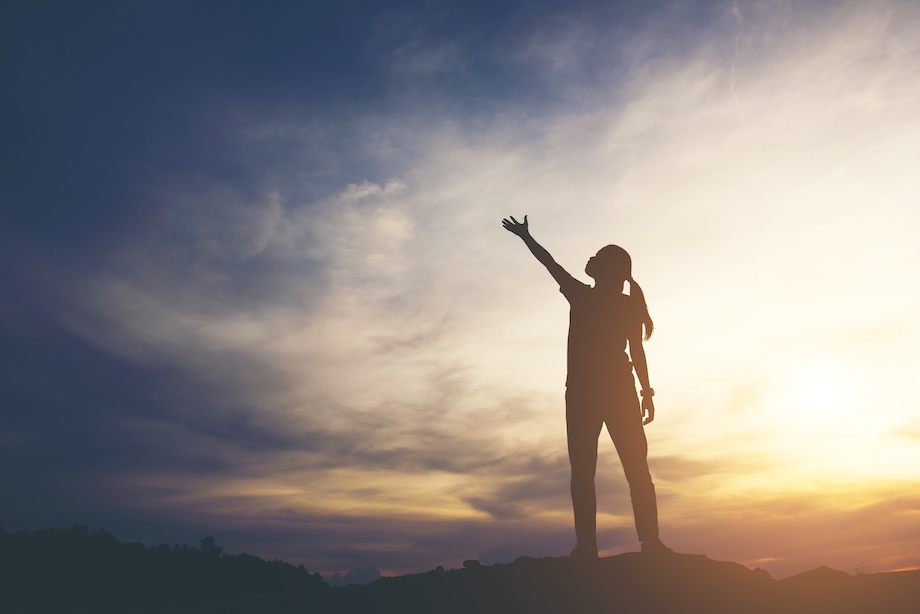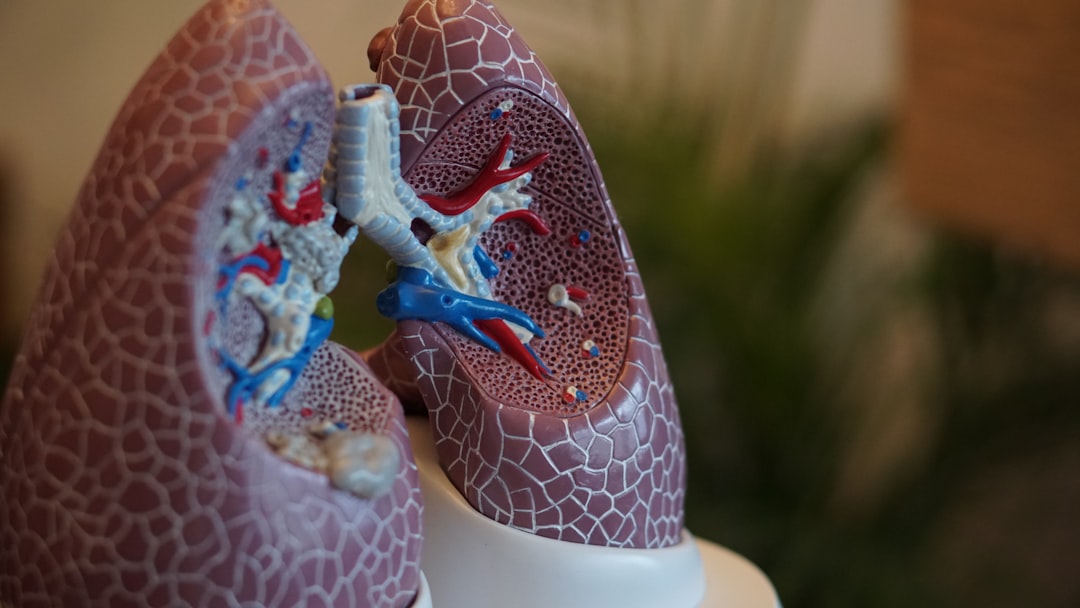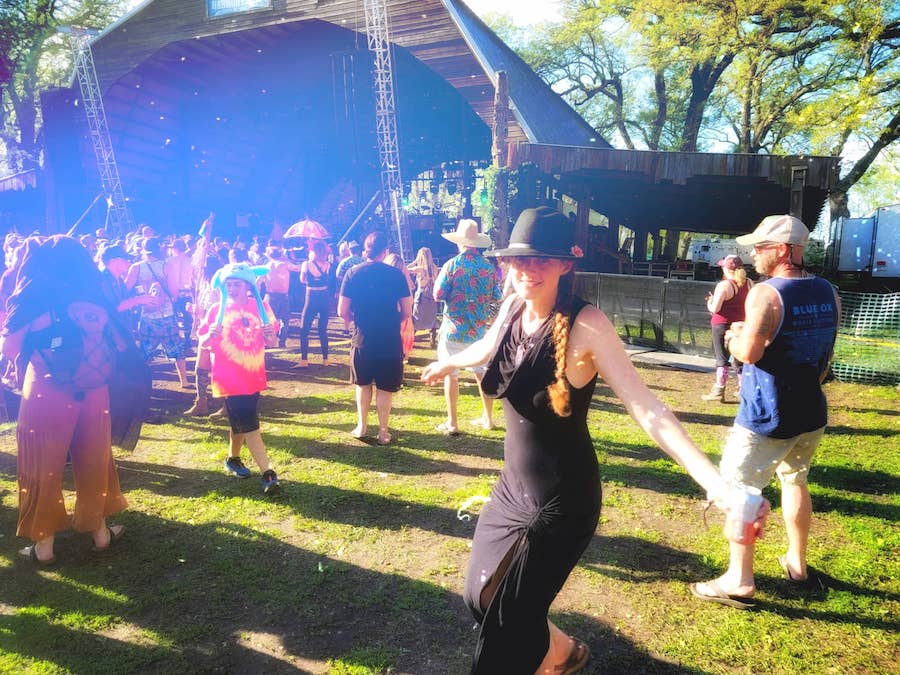Don't Let Calf Cramps Cramp Your Style: 4 Common Triggers of Charley Horses

Photo by Marcus Wallis on Unsplash
You’ve felt them before...
You’re lying on your bed, checked out for the night when suddenly there’s a searing pain in the back of your lower leg. It involuntarily cramps and spasms, so you move your foot and leg around, or perhaps even get up to walk it off. It doesn’t feel like your typical bout of muscle soreness…
Some call it a charley horse. Others call it hell.
Clients bring this issue up in my office all the time. The issue seems to come in waves. Either the cramps happen frequently, or not at all. Sometimes, they’ve never experienced this before and seem slightly panic-stricken at just how bad they can be.
Muscle cramps happen for many reasons, and sometimes, those reasons are unknown. There are a few well-known reasons that charley horses occur, however, so if you struggle with them, you can start here.
Here are the most common reasons that these cattle-prodding-like calf cramps can happen, and what you can do about it.
1. Too little magnesium, calcium, or potassium.
Certain mineral deficiencies can also be at fault for leg cramps.
One of the most common is magnesium deficiency. An estimated 2/3 of the American population is deficient in this essential mineral, which is involved in over 300 of the body’s biochemical processes, including muscle contractions.
Many people take magnesium supplements to help with muscle cramps, although the studies at this time are sparse. Anecdotally, it helps some people, and it’s safe to try.
If you have tried magnesium supplements only to end up with diarrhea, then you want to make sure you go for magnesium glycinate (not citrate).
Side tip: If you are prone to muscle stiffness in the mornings, try taking magnesium in the evening before bed.
Muscle cramps can also occur when potassium is low or calcium is low. Both of these minerals also assist with muscle contractions.
Calcium and magnesium are dependent upon each other for absorption and excretion, and magnesium helps transport both calcium and potassium across your cell membranes, so a balance of all three of these minerals is essential.
Foods that contain these minerals that can potentially provide quick relief include:
- Bananas
- Avocado
- Sweet potatoes
- Beans and lentils
- Melons
2. Dehydration.
Our muscles are made up of approximately 76% water, so when we are losing more water than we are taking in, our bodies will reserve what’s left for our heart and lungs, and the “less important” organs, e.g. digestion and muscles, don’t get the hydration nor electrolytes they need.
When our body lacks the water it needs to function, the effects can range from fatigue and dizziness to cramps in the muscles and stomach.
Dehydration also decreases blood volume, which can cause muscle cramps and spasms when the blood flow is reduced.
Actually, one of the first tell-tale signs of dehydration is muscle cramps, so when my clients tell me they’re getting those searing charley horses, the first thing I ask about is hydration.
3. Certain Medications and Their Side-Effects.
Certain medications can cause side effects that affect the muscles.
The most well-known cramp-causing medications include:
- Certain cholesterol-lowering medications, like atorvastatin, simvastatin, or rosuvastatin.
- Potassium-sparing diuretics, like triamterene.
- Thiazide-like diuretics treat high blood pressure and anemia.
- Iron sucrose is an IV medication used to treat anemia.
- Conjugated estrogens, which are used to treat hot flashes, osteoporosis, and breast cancer and may cause nighttime leg cramps in around 14% of people who take them.
- Raloxifene, which is used to treat osteoporosis and complications from breast cancer and also may cause leg cramps in up to 12% of those taking it.
If muscle cramps are affecting you and you are on one of these medications, talk to your doctor who prescribed it.
4. Wearing heels when you’re not used to it, and other weird muscle positions.
Wearing heels is the primary thing that will cause me to get calf cramps, although I don’t really ever wear heels anymore.
Holding a muscle in a certain position that it’s not used to for a prolonged period of time can cause the muscle to cramp. When you wear heels, you are shortening the muscles of the back of your legs (the soleus and gastrocnemius) while extending the small, intricate muscles and fascia of the bottom of your foot, or the plantar surface.
Say you get dressed up to go to a bougie wedding and throw on those Manolo Blahniks that generally collect dust in the back of your closet. You don’t wear heels on the reg, so your feet and leg muscles aren’t used to the new center of gravity the lift creates. You walk and talk and dance the night away, perhaps a couple of adult beverages ease the blisters that form on your toes.
You get home, take off those heels, and streeetchhhh goes the backs of your legs. You take a few laps to get used to having a foot flat against the ground again, but as you lie down for the night, the charley horses begin.
I’ve been there.
Holding a muscle in an awkward position for a long period of time can potentially cause cramps whether it be from wearing heels or working with your hands above your head.
Other known causes
There are many things that can cause leg cramps and charley horses, so many that it may be a hard thing, even for healthcare practitioners, to pin down.
Other known causes may include putting too much strain on your muscles during exercise, especially in hot or humid weather, pregnancy, nerve compression, and liver disease from too much alcohol. I’ve even had women tell me they know when their periods are coming because their calves will begin to cramp.
Sometimes, the cause may be completely unknown.
But don’t fret. Muscle cramps, even those searingly painful charley horses, are pretty common, and often the fix is as simple as eating a banana or checking in with your hydration levels. If it’s due to a medication or the problem persists, check in with your healthcare provider.
You can even grab a bottle of water and a banana for the ride over, just to be prepared.












If you enjoyed this article or recipe, please consider giving it a comment! It helps others discover my blog and recipes, and your comments always make my day :) Thank you for your support!
Your email address will not be published. Required fields are marked *